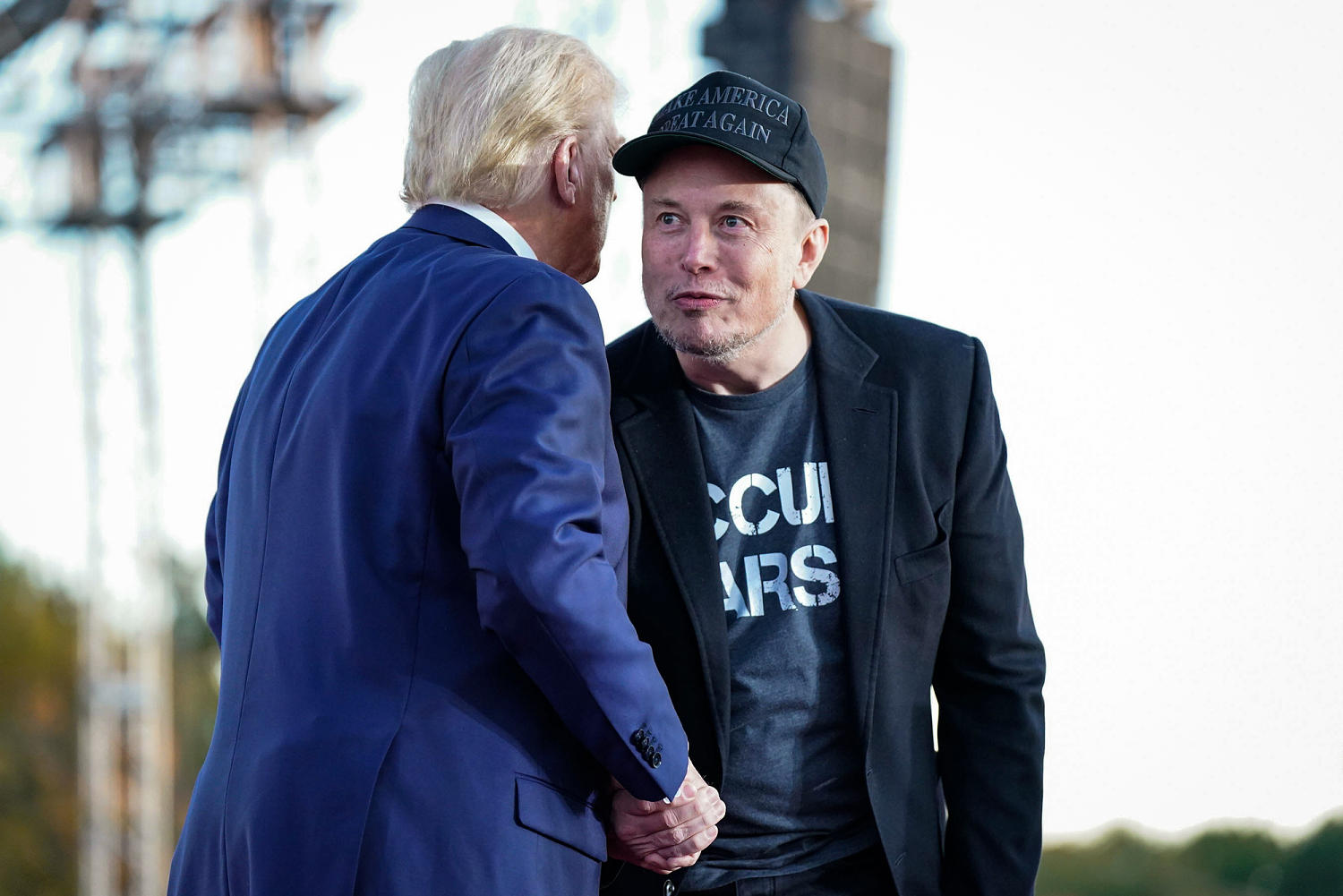More than 100 researchers call for pause in Musk Starlink launches

Researchers are urging the federal government to pause further low-orbit internet satellite launches until a comprehensive review is conducted to determine the potential environmental damage that could result.
In a letter to Julie Kearney, chief of the Federal Communications Commission (FCC) Space Bureau, more than 100 researchers expressed concern about the rapid development of low-orbit satellites and urged international cooperation to determine the best path forward.
“The environmental harms of launching and burning up so many satellites aren’t clear. That’s because the federal government hasn’t conducted an environmental review to understand the impacts. What we do know is that more satellites and more launches lead to more damaging gasses and metals in our atmosphere,” the researchers wrote in the letter.
“We shouldn’t rush forward with launching satellites at this scale without making sure the benefits justify the potential consequences of these new mega-constellations being launched, and then re-entering our atmosphere to burn up and or create debris,” they continued. “This is a new frontier, and we should save ourselves a lot of trouble by making sure we move forward in a way that doesn’t cause major problems for our future.”
The researchers noted that, in just more than five years, tech billionaire Elon Musk’s Starlink service has launched more than 6,000 units that now make up 60 percent of all satellites.
“The new space race took off faster than governments were able to act,” they wrote, adding that regulatory agencies now lack the policies to make fair assessments about “the total effects of all proposed mega constellations.”
They criticized the FCC for granting licenses on a “first-come, first-served basis,” noting orbital space and the broadcast spectrum are not limitless and they require an “unprecedented system of cooperation” with international regulators “to share the commons of our final frontier.”
“Until extensive coordination is in place, we shouldn’t let the commercial interests first to launch determine the rules,” they wrote.
The researchers also encouraged the FCC to end the “categorical exclusion of satellites” from environmental review, writing, “that launching 30,000 to 500,000 satellites into low earth orbit doesn’t even warrant an environmental review offends common sense.”
The Hill has reached out to Starlink and the FCC for comment.
Topics
-

Campaign 2024: 100 days is more than enough
Politics - The Hill - November 5 -

Elon Musk worries free speech advocates with calls to prosecute researchers and critics
Politics - NBC News - November 12 -
The average person will spend more than $100 on Halloween this year
Top stories - CBS News - October 26 -
McDonald's E. coli outbreak has sickened more than 100 people
Top stories - CBS News - November 13 -
Israeli military attacks more than 100 targets in Gaza, Lebanon
World - Yahoo News - November 14 -

More than 100 seek compensation over cruise virus
Top stories - BBC News - 6 days ago -
Gaza aid convoy of more than 100 trucks looted
World - Yahoo News - 2 days ago -
Chinese satellite company to challenge Musk’s Starlink in Brazil
World - Financial Times - 8 hours ago
More from The Hill
-

Georgia election workers seek to hold Giuliani in civil contempt
Politics - The Hill - 55 minutes ago -

DOJ asks judge to order Google to sell Chrome
Politics - The Hill - 57 minutes ago -

Watch live: Buttigieg speaks on expected Thanksgiving week travel
Politics - The Hill - 1 hour ago -

Police report details Hegseth sexual assault allegations
Politics - The Hill - 1 hour ago -

FCC chair to step down on Trump's inauguration
Politics - The Hill - 1 hour ago

